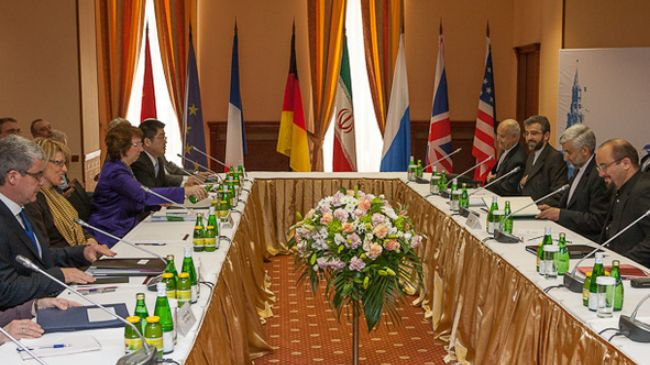Editorial
The Rough Road to Istanbul

The Moscow meeting was expected to produce positive results, even minimal, following two rounds of talks in Istanbul and Baghdad which raised expectations that both sides, particularly Russia as the host country, would not allow the talks to reach a dead-end. However, after two days of negotiations, the two sides reached the conclusion that their positions were too far apart, necessitating lower level negotiators to tackle the differences and bridge the gap.
There were several reasons why the Moscow negotiations did not bear much fruit:
1. There was no preparation for the Moscow meeting. The two sides ended their meeting in Baghdad without any substantive agreement. They did not work out their differences before they met in Moscow. Had Iran and P5+1 engaged in substance before Moscow, they could have come to the meeting much more prepared.
2. The US and its allies emphasized, once again, on the need for Iran to suspend its nuclear activities including enrichment. The Western countries are aware that asking Iran to stop enriching uranium after having spent lots of energy and money on its program resulting in much technological advancement is a non-starter.
3. The West did not provide Iran with necessary assurances that it would eventually tolerate low-level enrichment in Iran. Without granting such an assurance, provided under the NPT, Iran was not willing to make any confidence-building move. In Moscow, the US and its allies were not prepared to even discuss an issue of such importance to Iran, hence adding to the wall of mistrust between the two sides.
4. The offer made by the P5+1 to Iran in Baghdad was reiterated in Moscow. Iran was asked to stop enriching uranium to the level of 20 percent, ship all 20 percent enriched uranium outside and close the Fordow nuclear facility. In return, Iran would receive nuclear fuel for its Tehran research facility, nuclear isotopes for medical purposes and aircraft spare parts for its aging fleet. Iran did not consider the offer as a serious one mainly because it was not proportionate to what it was asked to do.
The Istanbul technical meeting will convene amidst two important developments. The US sanction against the Iranian Central Bank will take effect on June 28 and EU sanctions against oil imports from Iran will be effective on July 1. Furthermore, a few days ago, Iran's intelligence minister accused the US, UK and Israel of planning "an operation to launch a massive cyber attack against Iran's facilities following the meeting between Iran and the P5+1 in Moscow." Under these circumstances, one can only predict tough negotiations in Istanbul.
The technical meeting, regardless of its outcome, will not be the last meeting between the two sides which do not want this process to break down. However, in order to have fruitful discussions, the parties should steer away from measures which are in total contrast with the calm atmosphere needed for negotiation on such a sensitive issue. Furthermore, the language of threat and intimidation, which only aggravate the situation making the positions of both sides harder, should be avoided.
It is quite clear that, in an election year, the US government becomes very much cautious not to be seen as making concessions to its adversaries. However, it should be borne in mind that any negotiation entails a process of gives and takes and concessions are part of the game. By insisting on illogical demands and ignoring the facts on the ground, the US and its allies will only complicate the situation, proving that the West is only interested in total submission of Iran to its demands, hence giving ammunition to those who are in favor of reconsideration of NPT membership.

